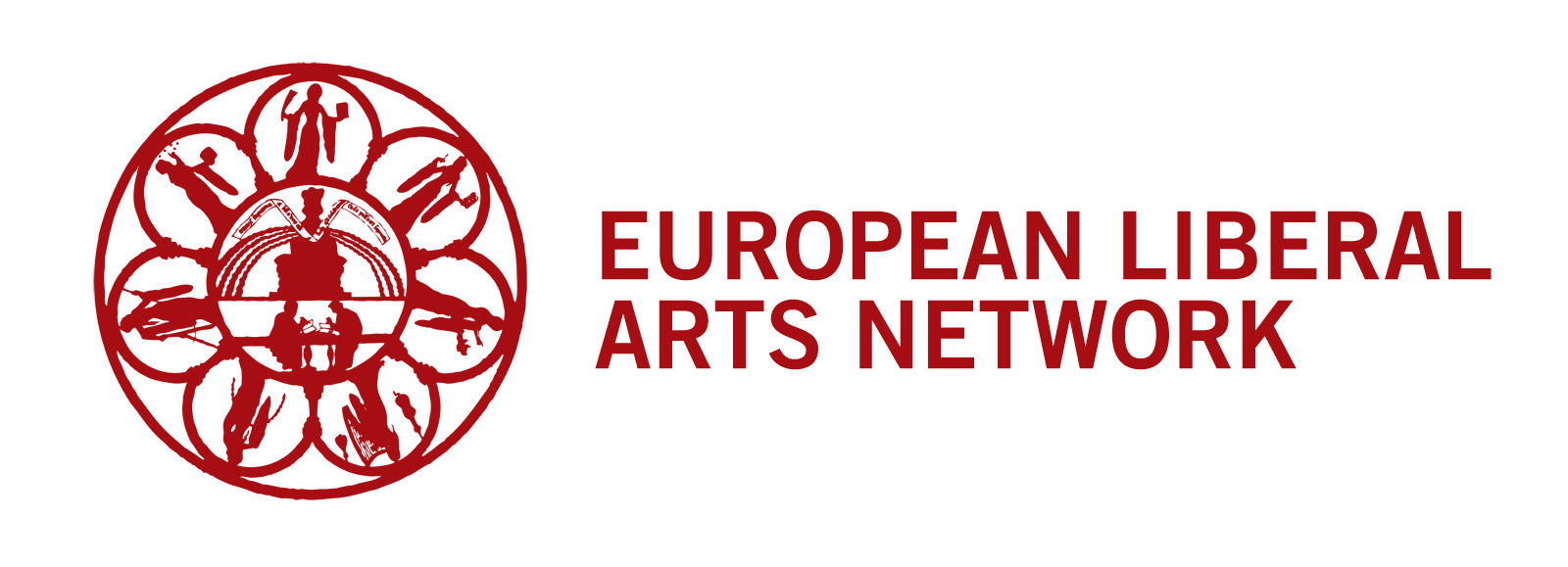About ELAN
The European Liberal Arts Network (ELAN)
The European Liberal Arts Network (ELAN) is an interdisciplinary network of European Higher Education Institutions designed to promote the mobility of students and scholars in the field of Arts and Humanities. Members of the network are academic partners such as the University of Bristol, the Universidade de Coimbra, the Trinity College Dublin, the Universität Graz, the Universität Heidelberg, the Katholieke Universiteit Leuven, the Ecole Normale Supérieure Paris, the Charles University Prague, the Universidad de Salamanca, the Università degli Studi di Siena, the Uppsala Universitet, the University College Utrecht and since 2022 also the University of Turku.
The network will be including non-academic partners and local businesses such as museums, galleries and publishing houses in order to be able to also offer internships to mobile students, either as an addition to their studies or as a stand-alone work placement.
Network Aims
The network, a group of leading European universities, has formed a consortium for the provision of Liberal Arts education, a new approach to learning in the Arts and Humanities that stresses the combination of interdisciplinary breadth with disciplinary depth.
Students visiting ELAN partner institutions, while continuing their study of their home discipline, can enrol in interdisciplinary modules or undertake a supervised programme of study exploring questions of broad importance in the humanities and society today. Short-term internships can be arranged for students while abroad, where they can gain further practical experience. By fulfilling various specific requirements, including study abroad or a short individual research project on a Liberal Arts topic, students can earn the valuable ELAN Certificate attesting students’ versatility and enhancing their employability.
The Liberal Arts Approach
The Liberal Arts approach combines depth in a traditional scholarly discipline with interdisciplinary inquiry into broad questions relevant to the whole range of arts and humanities. A liberal arts education is concerned both with theoretical foundations and with the practical role of the humanities in the contemporary world. Students are given opportunities to work with partners external to their universities and to incorporate such work into their academic assessment. lnstruction in a foreign language, training in numeracy and quantitative reasoning, study abroad as well as other aspects of the curriculum all considerably enhance employability. This educational approach, long familiar in North America, has recently been putting down roots in Europe.

